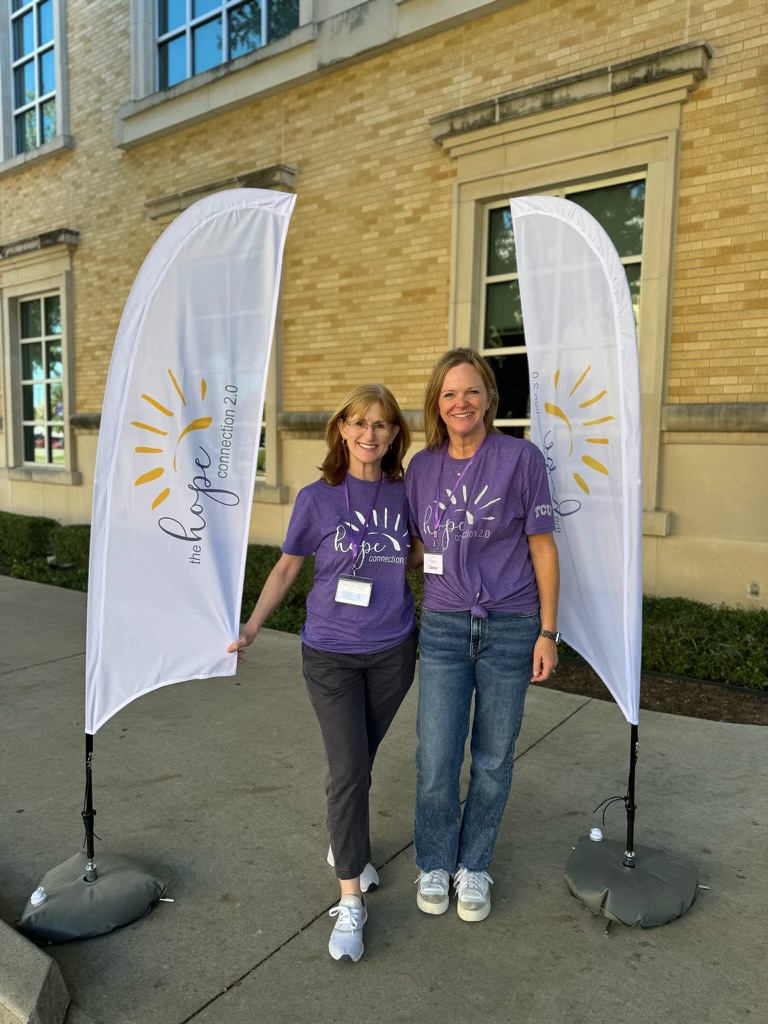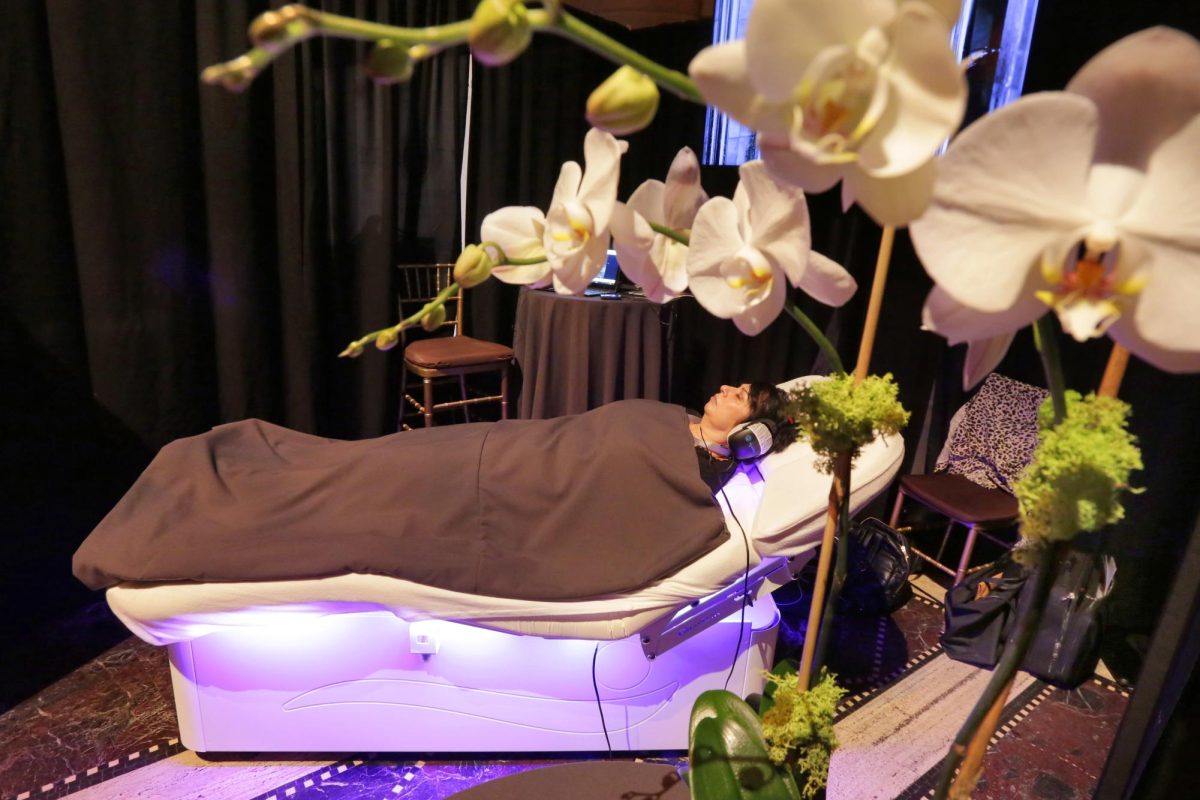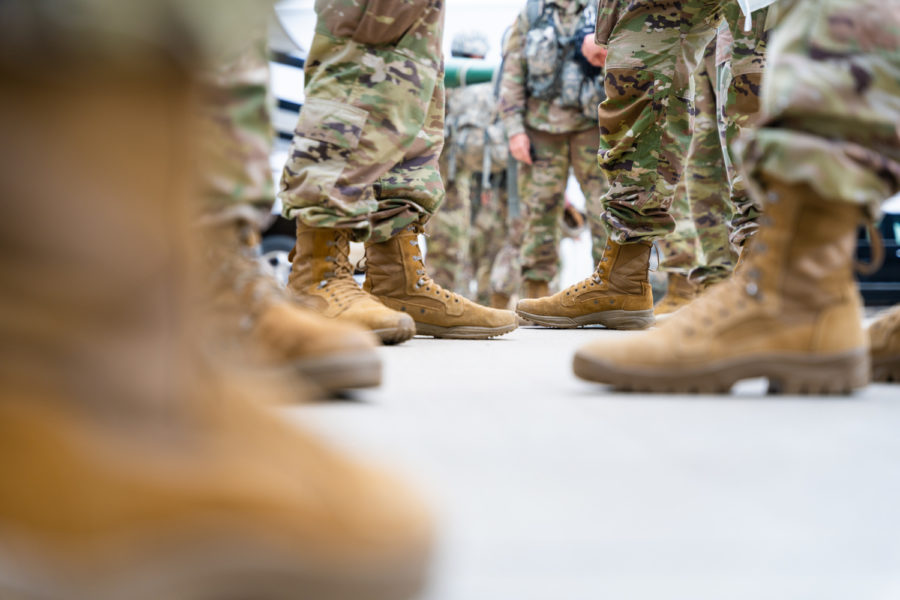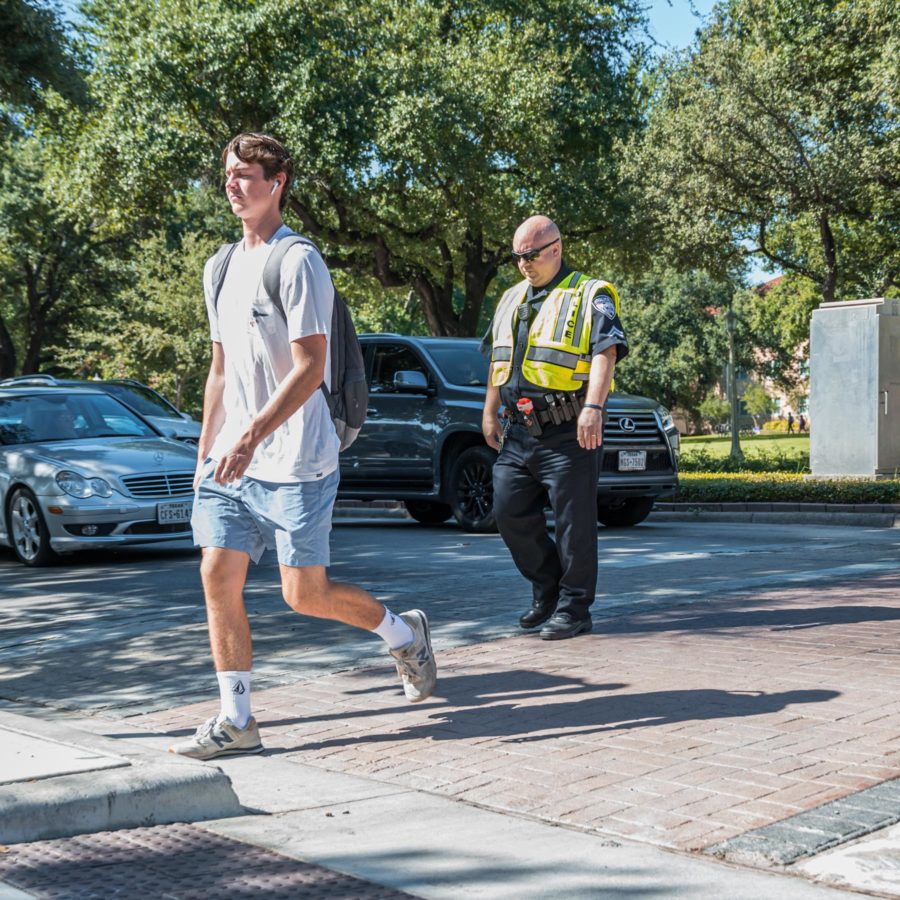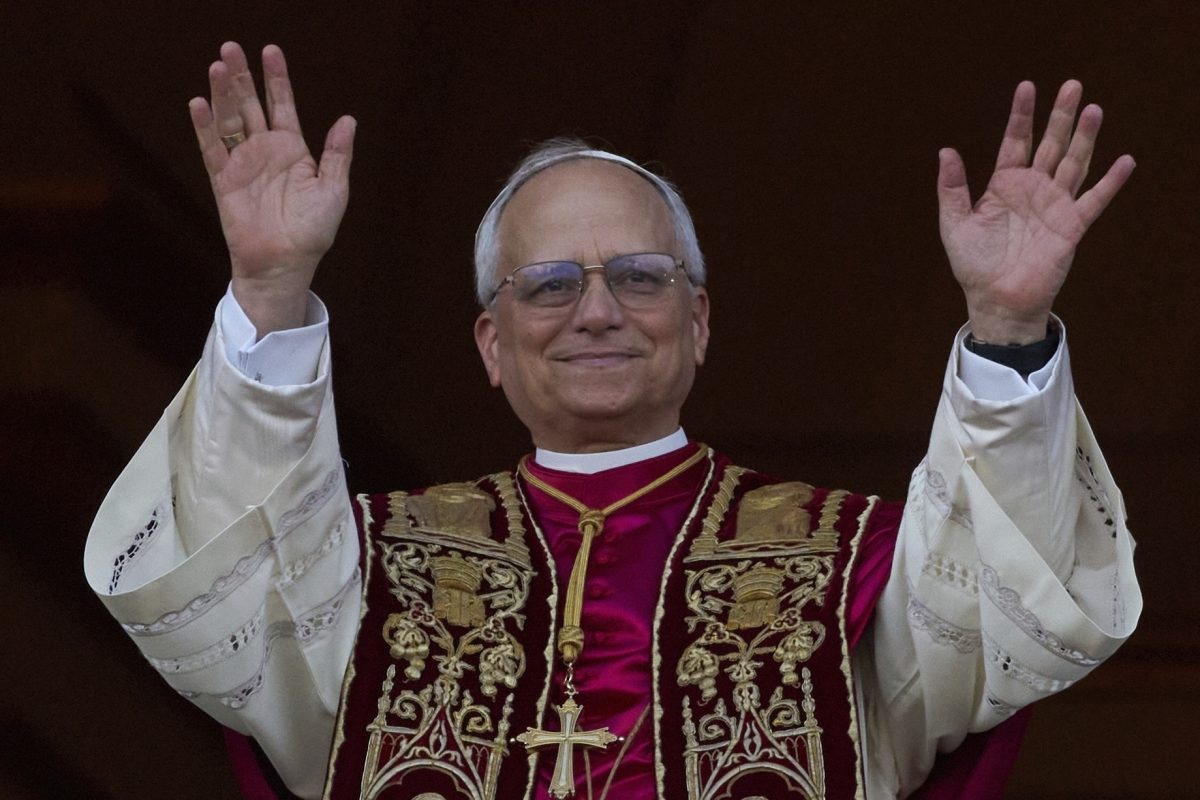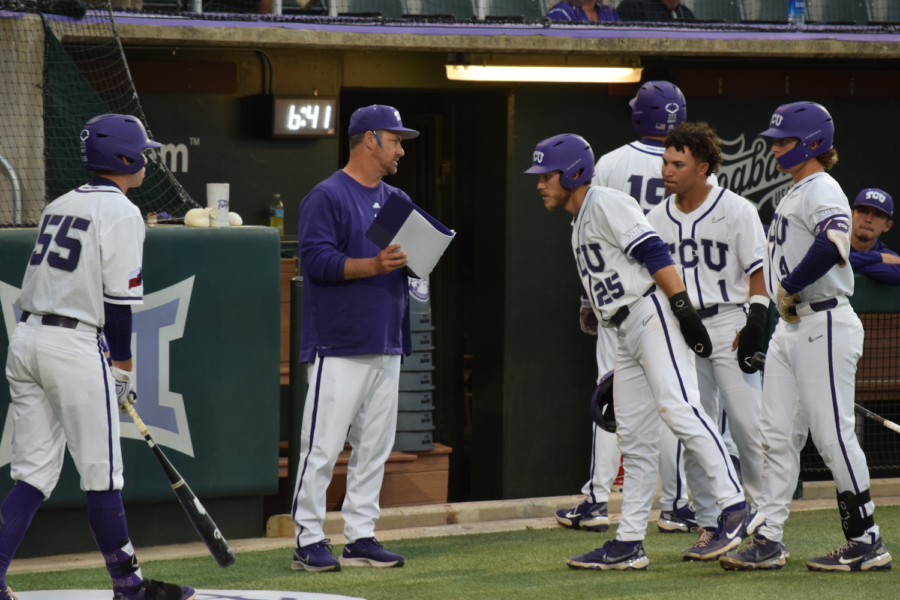TCU offered support to adoptive families and training for family coaches and students with its Hope Connection 2.0 camp.
The camp, which is held over two weekends, is organized by the Karyn Purvis Institute of Child Development. Its purpose is to help families navigate the challenges often associated with adoption.
“Our goal is to show families that they’re not alone in their shared experiences,” said Dr. Molly O’Mealey, a camp organizer who’s on faculty at the Purvis Institute.
TCU’s Impact on TBRI
Hope Connection 2.0 camp is built around Trust-Based Relational Intervention (TBRI), a methodology developed at TCU by the late Dr. Karyn Purvis and Dr. David Cross, who is retired from TCU. Purvis and Cross staged the first camp in the late 1990s.
TBRI is an attachment-based, trauma-informed approach designed to meet the complex needs of children who have experienced adversity or trauma.
A unique aspect of Hope Connection 2.0 is the involvement of TCU students as volunteers. These students can put their classroom knowledge into practice, working directly with families and children while learning from professionals in the field.
TCU’s Impact on Hope Connection 2.0
“Students get the chance to meet TBRI Practitioners and Mentors who have years of experience and wisdom,” said Dr. Casey Call, Associate Director of Education at the Karyn Purvis Institute of Child Development and camp director. “There’s a different type of learning experience when you are actually in a situation with a child who is dysregulated and you have to think on your feet.”
Liv Pisaneschi, a senior majoring in child development, volunteered at the camp. She said she wants to pursue a career in occupational therapy and that the experience is invaluable for her future profession.
“This camp provides hands-on experience with different age groups and functional skills,” Pisaneschi said. “It helps me understand the various vocational realms I’ll encounter in occupational therapy.”
Hope Connection 2.0 provides a comprehensive experience for families, including training for caregivers, TBRI Family Coaches and TCU student “buddies” for the children. Families commit to attending both weekends of the camp and completing pre-camp training.
For Coni Franco, senior child development major volunteering at the camp, the buddy system emphasizes the importance of keen observation in child development. “This experience teaches us to be really observant and understand what children are trying to communicate through their actions and behaviors,” Franco said. “It keeps us actively seeking ways to provide assistance.”
Purvis, who died in 2016, left a lasting legacy at TCU. The Karyn Purvis Institute of Child Development, named in her honor, continues her work in changing the lives of children who have experienced trauma.
“I remember observing Karyn at camp in 2007 and thinking ‘This is the way all children should be treated,'” Call said. “Her dream was to change the world for children.”
For TCU students interested in child development, psychology or related fields, the Hope Connection 2.0 camp offers a unique opportunity to gain hands-on experience in trauma-informed care and family intervention strategies.
Ally Amezcua, a senior child development major and child-life advocate volunteer, sees the camp as a crucial bridge between classroom learning and real-world application.
“Practicing TBRI with children who need it most is incredibly rewarding,” Amezcua said. “It’s the best preparation we can get for working with vulnerable children in the future.”
Hope Connection 2.0 Camp’s Future
As the Hope Connection 2.0 camp continues to evolve, it remains true to Dr. Purvis’s vision of creating a world where every child’s needs are met with compassion and understanding. For TCU students, it represents a chance to be part of that vision and to make a real difference in the lives of families in their community.
“The model is a learning lab where students, professionals and families can learn, practice and share the effective intervention she co-developed,” Call said. “Together, they bring hope and healing to children and families.”

